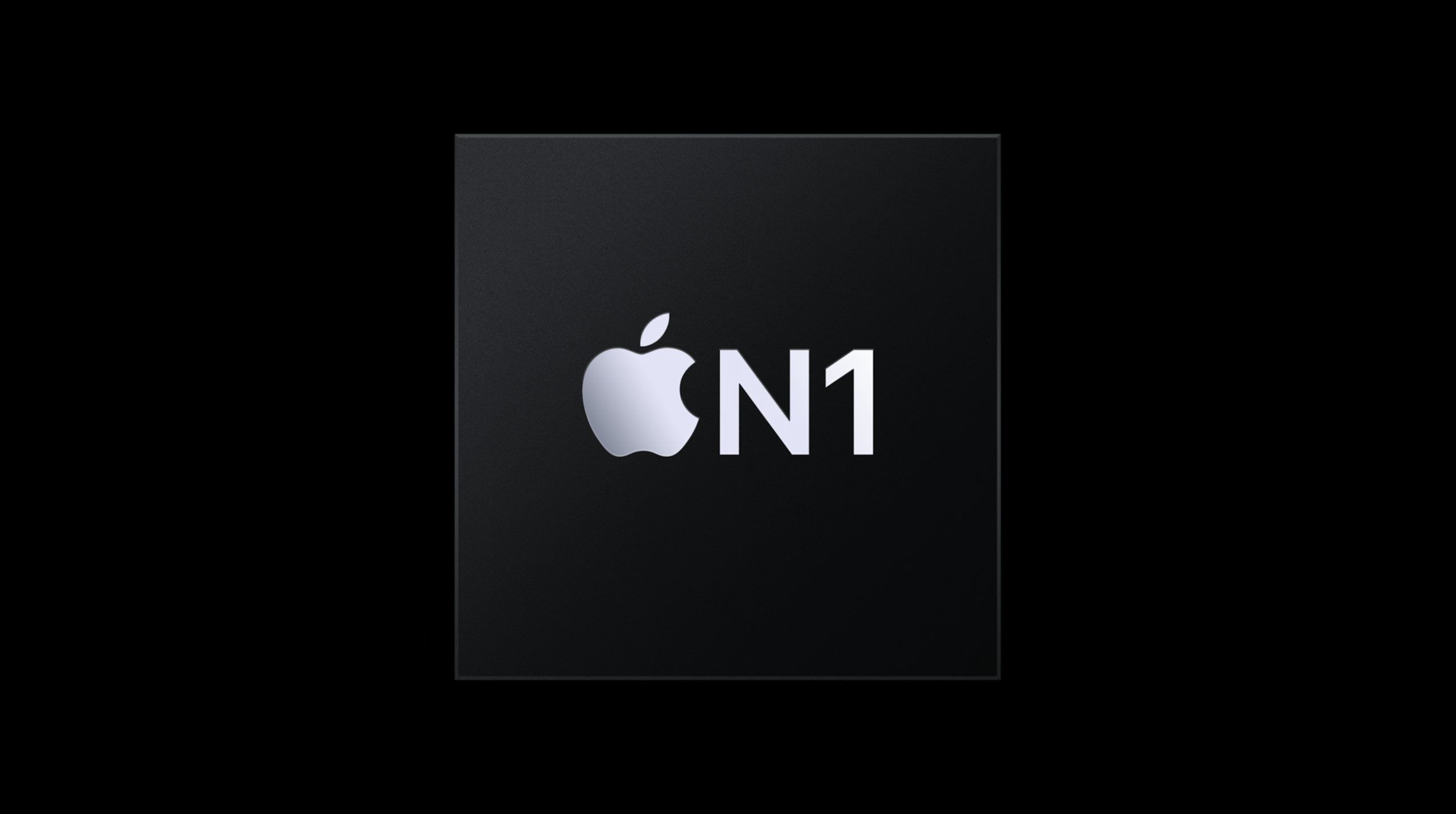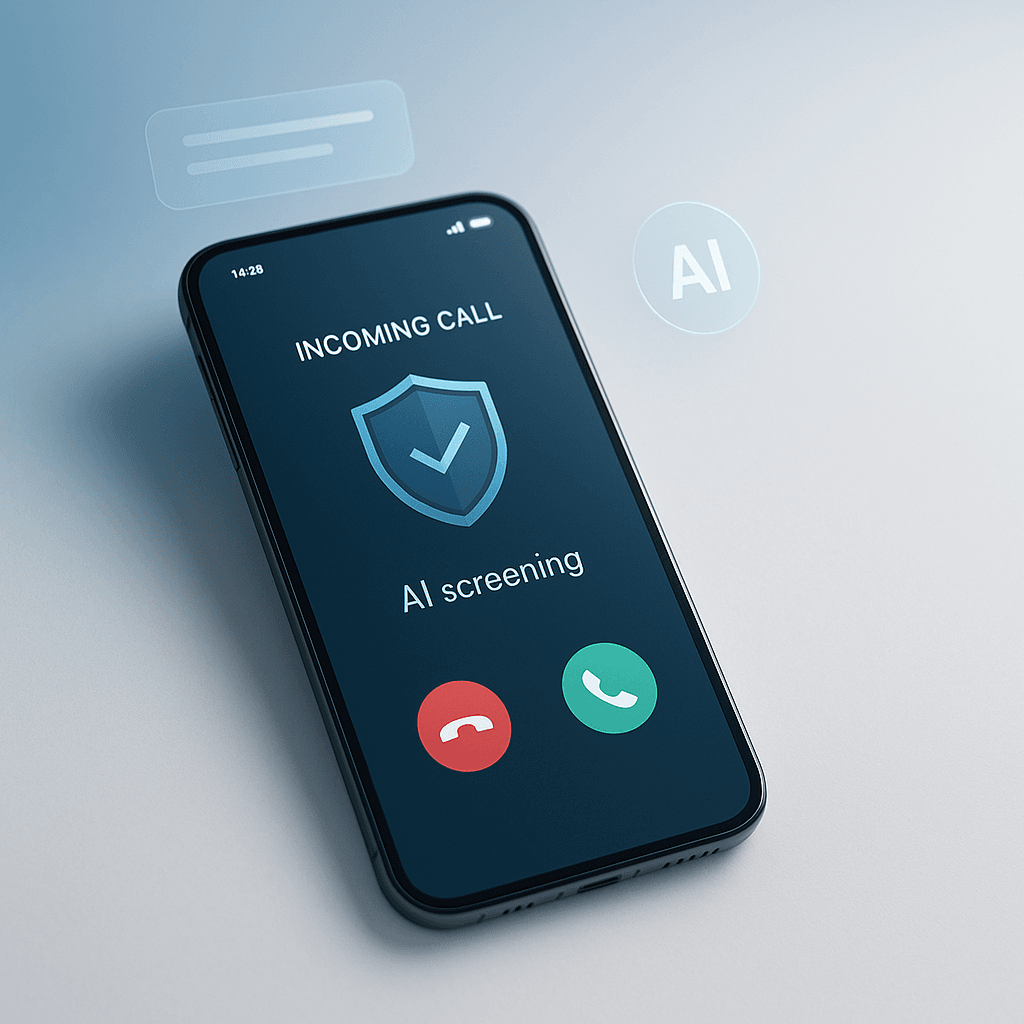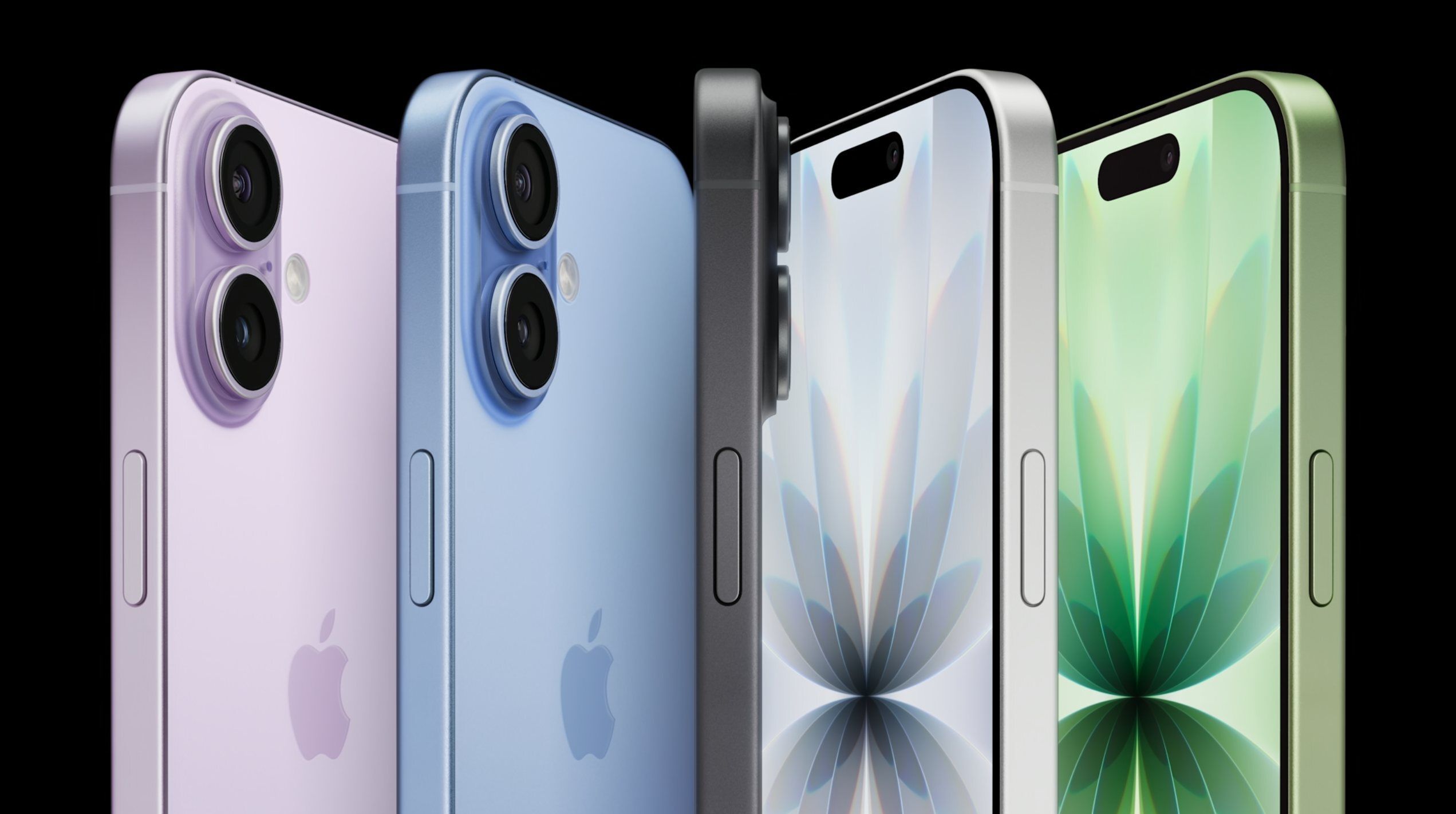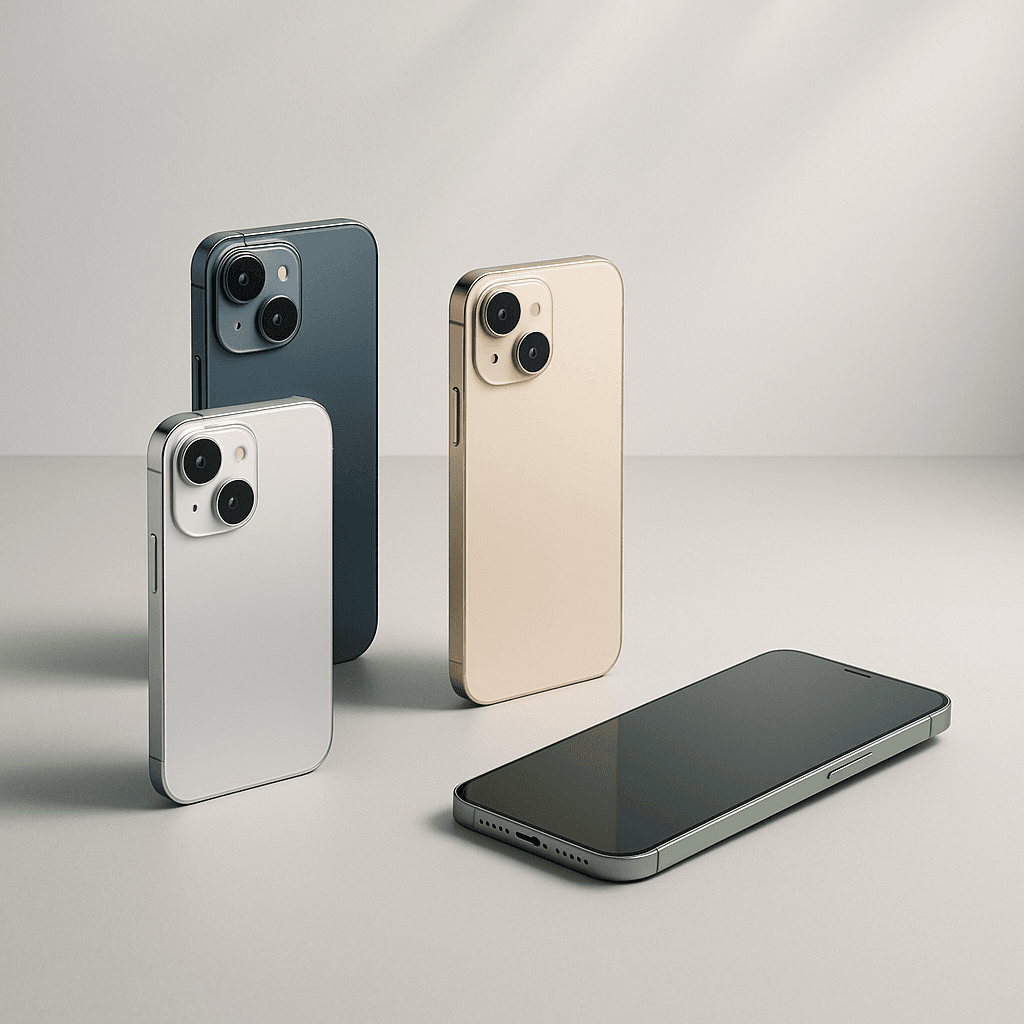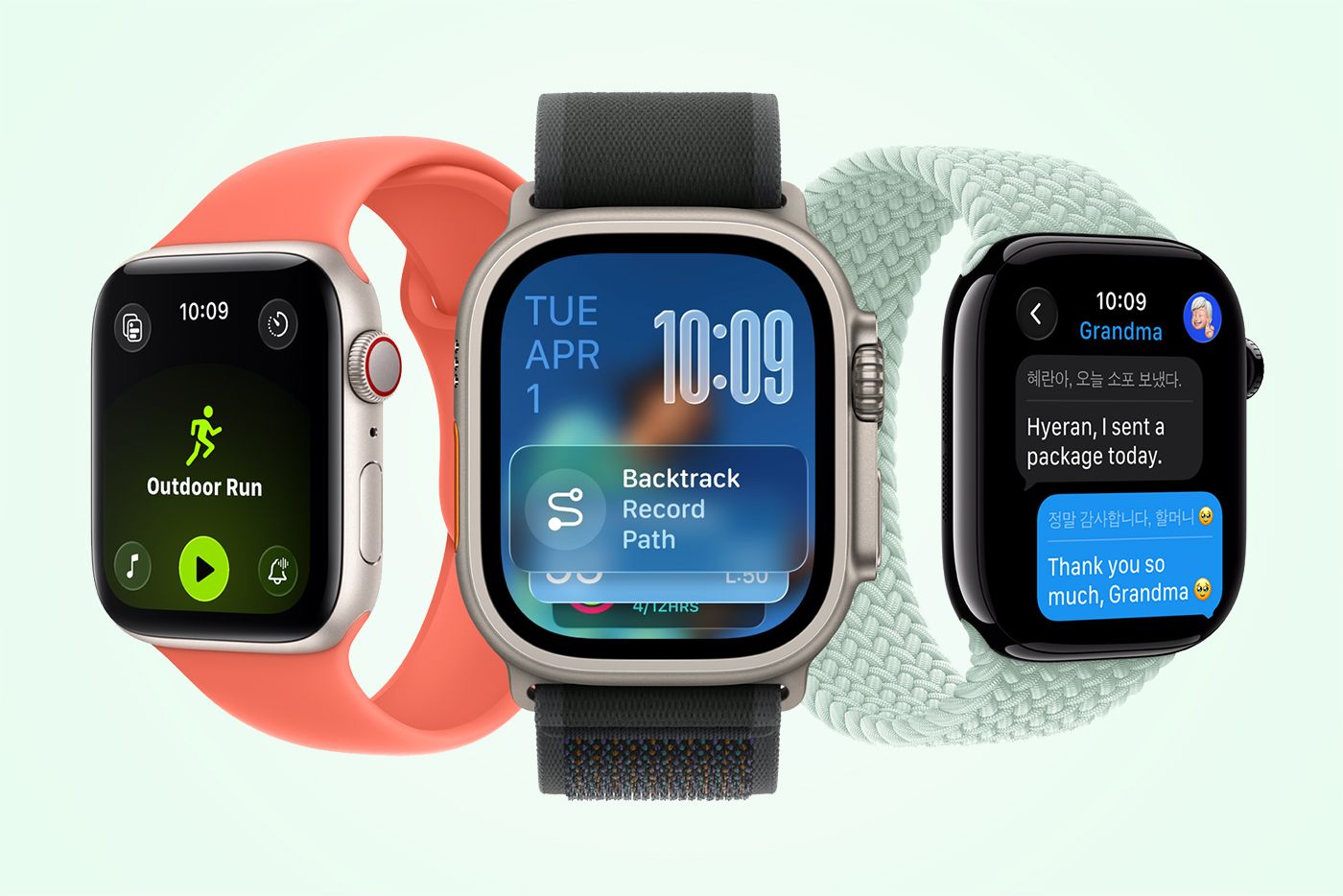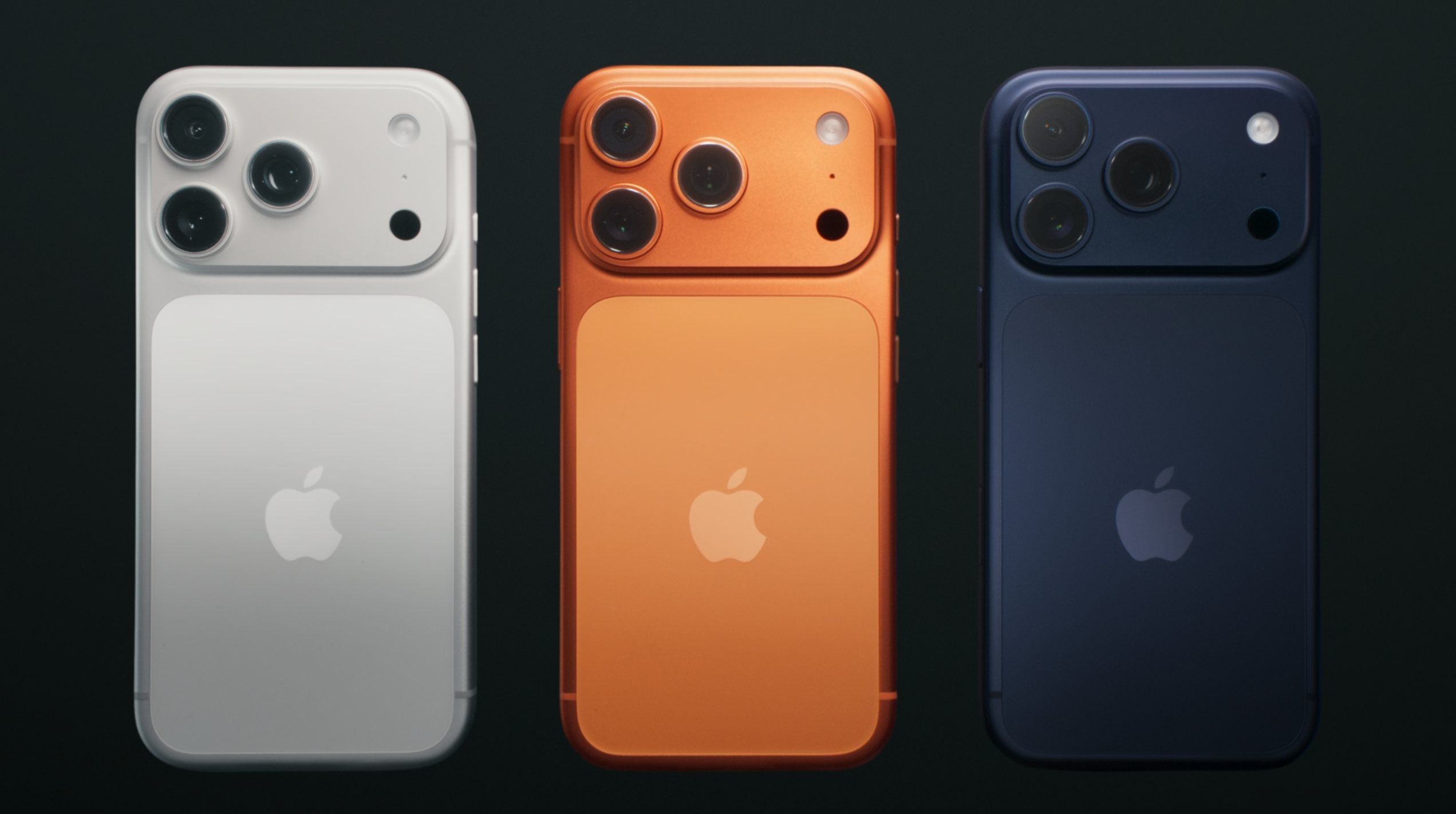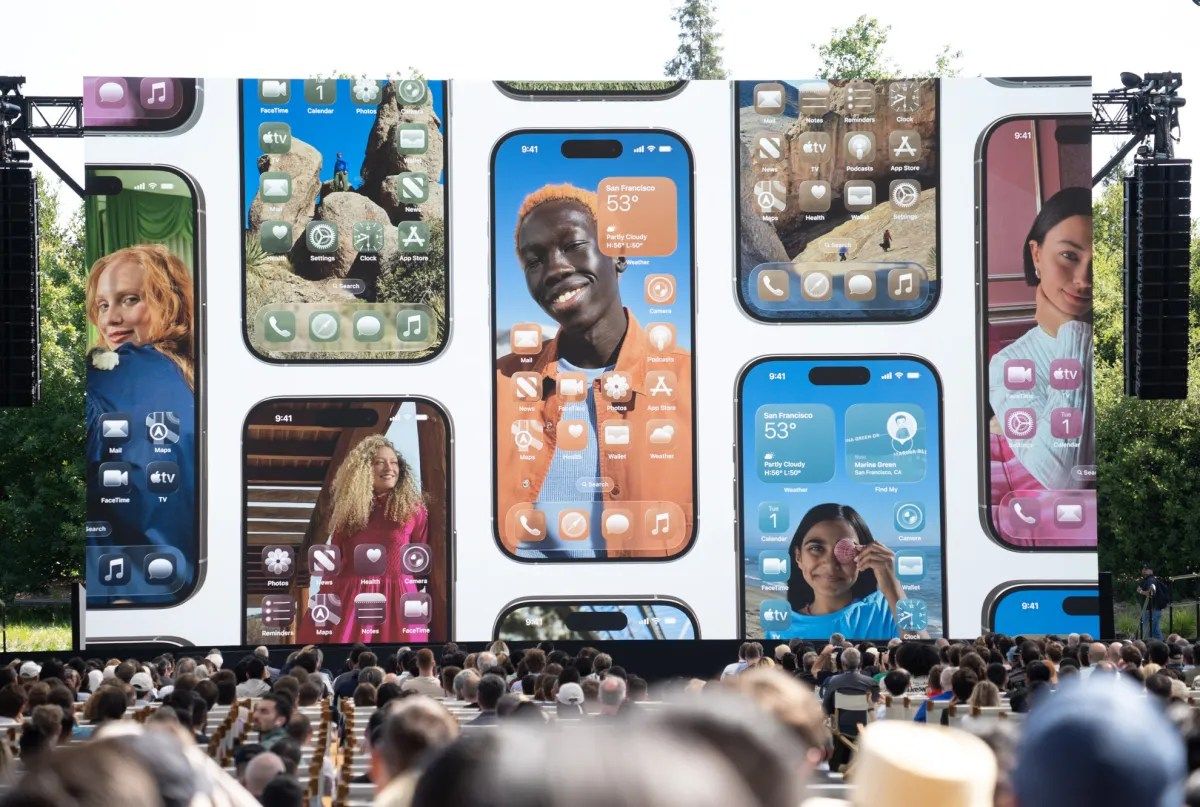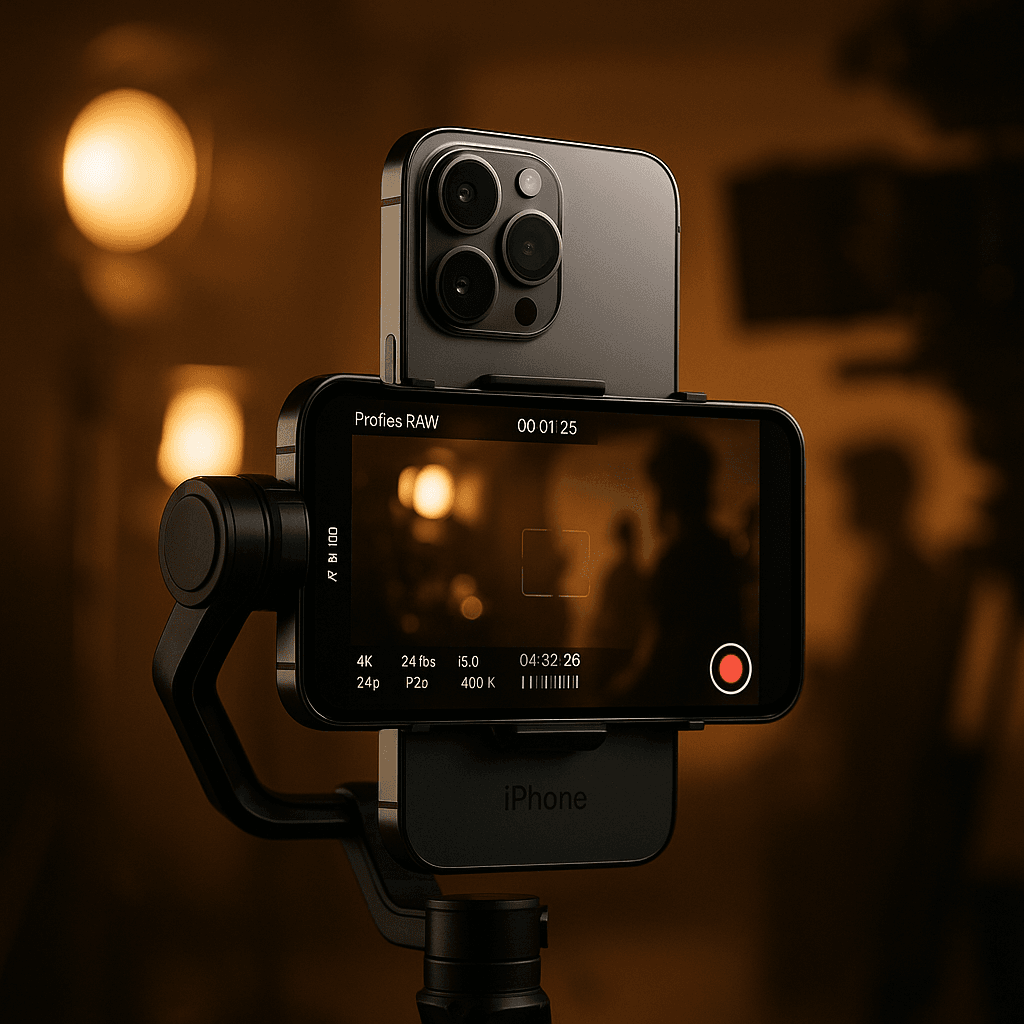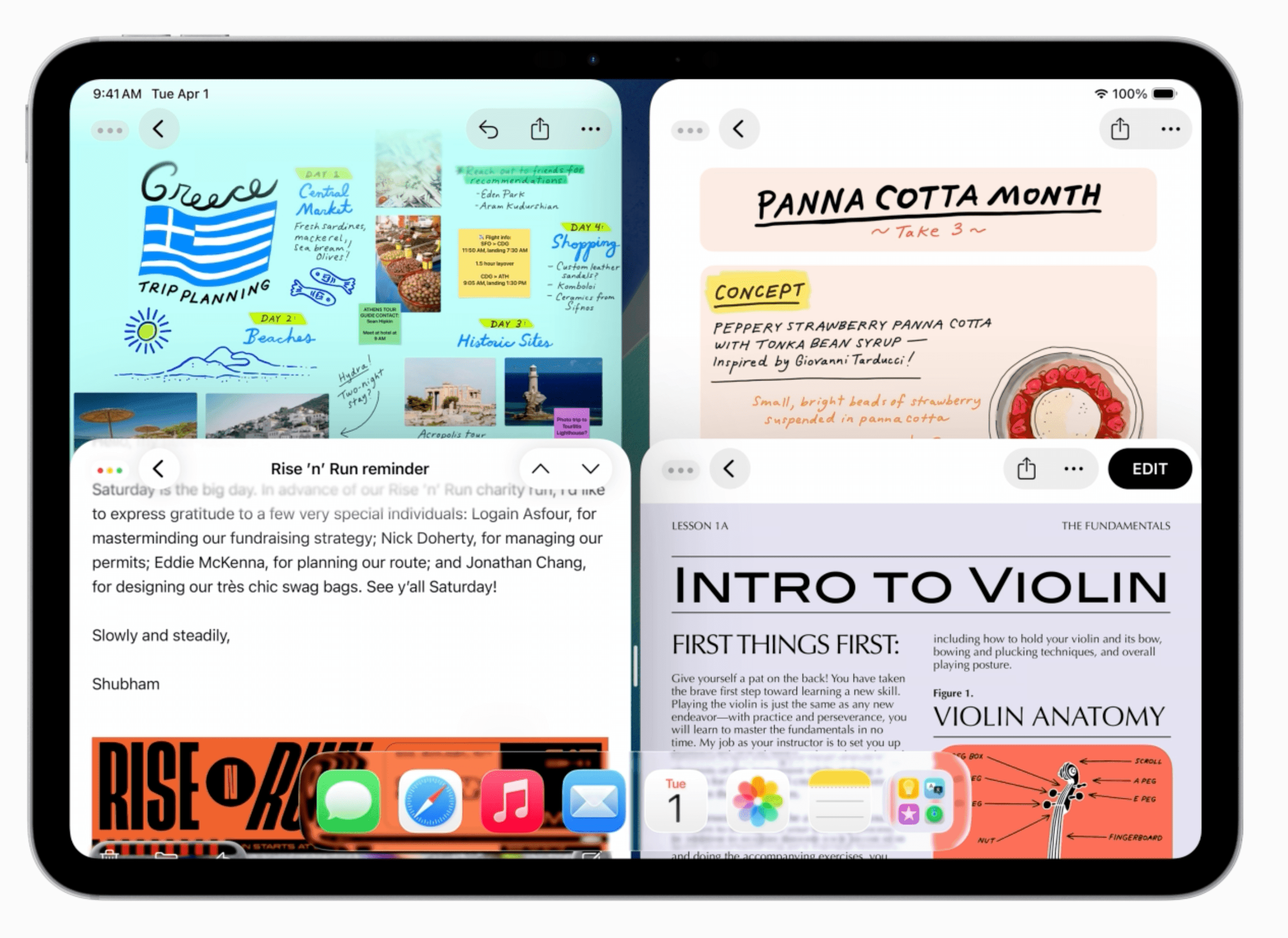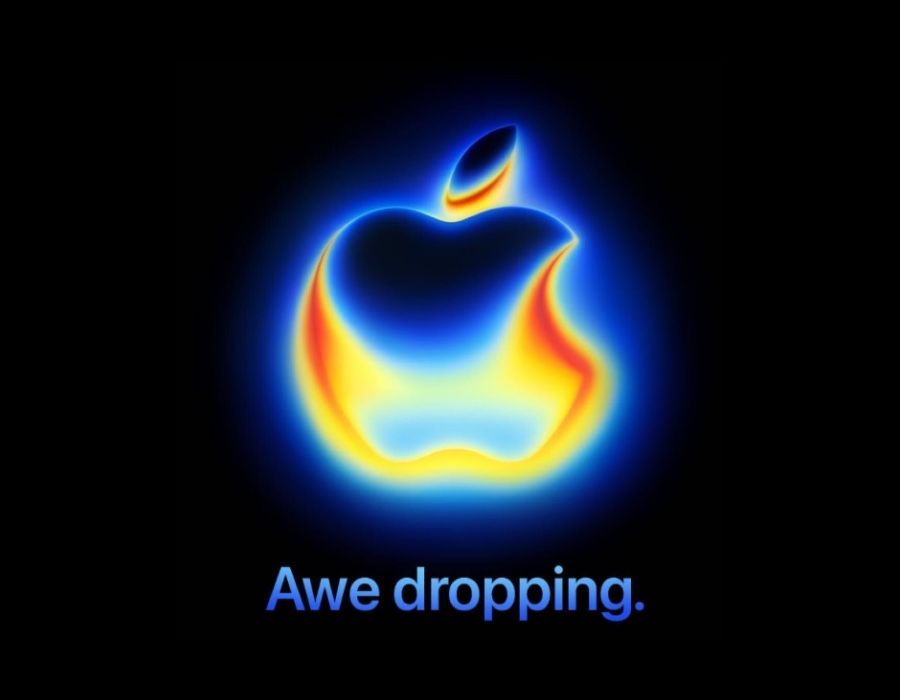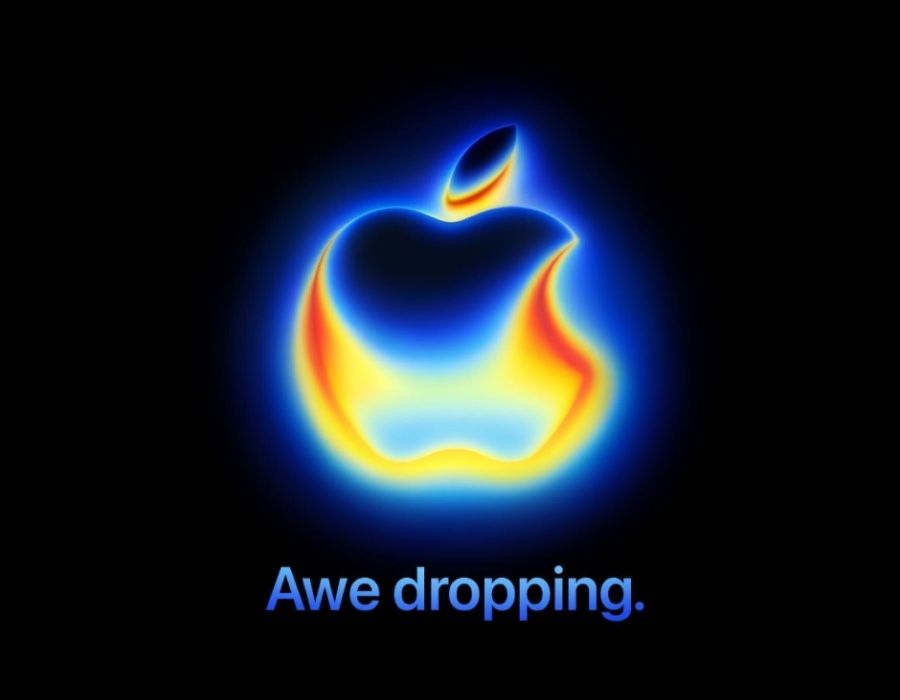Apple just dropped Broadcom for good. The iPhone 17 lineup debuts with Apple's new N1 networking chip, marking a major shift away from third-party suppliers. The in-house silicon brings Wi-Fi 7, Bluetooth 6, and Thread support while promising better AirDrop and Personal Hotspot performance. It's another step in Apple's silicon independence strategy.
Apple just pulled off its biggest supply chain power play yet. The company's brand-new iPhone 17 lineup ships with the N1 - Apple's first in-house networking chip that completely replaces Broadcom's wireless components that have powered iPhones for years.
The N1 isn't just a simple replacement. According to Apple's announcement, this custom silicon brings cutting-edge Wi-Fi 7 support, Bluetooth 6 connectivity, and Thread smart home protocol integration. That means faster file transfers through AirDrop, more reliable Personal Hotspot connections, and seamless smart home device pairing.
Every model in the iPhone 17 family gets the N1 treatment - the standard iPhone 17, both Pro variants, and the ultra-thin iPhone Air. It's a massive deployment that signals Apple's confidence in its silicon design capabilities.
But Apple didn't stop there. The company also unveiled its next-generation C1X 5G modem, promising double the cellular speeds of the C1 chip that debuted in the iPhone 16E last year. Industry analysts had been watching Apple's modem development closely, especially after the company's rocky relationship with Qualcomm over 5G licensing fees.
This dual-chip announcement represents more than just technical upgrades. Apple's been methodically reducing its dependence on external suppliers ever since it launched the M1 processor in 2020. The company now designs its own CPU, GPU, and neural processing units across iPhone, Mac, Apple Watch, and AirPods. Adding networking and cellular capabilities to that list gives Apple unprecedented control over the entire user experience.
The timing couldn't be better for Apple. Wi-Fi 7's massive bandwidth improvements and ultra-low latency will be crucial for the company's rumored AR/VR initiatives. Thread support also positions the iPhone as the central hub for Apple's expanding HomeKit ecosystem, especially as smart home adoption accelerates.
Broadcom's stock dipped 3% in after-hours trading following the announcement, though the company still supplies networking chips to other major smartphone manufacturers. For Apple, the N1 represents another step toward the holy grail of tech companies - complete vertical integration.
The shift also has broader implications for the semiconductor industry. As more tech giants bring chip design in-house, traditional suppliers like Broadcom, Qualcomm, and Intel face increasing pressure to justify their value propositions. Apple's success with custom silicon has already inspired similar efforts at Google, Amazon, and Microsoft.
